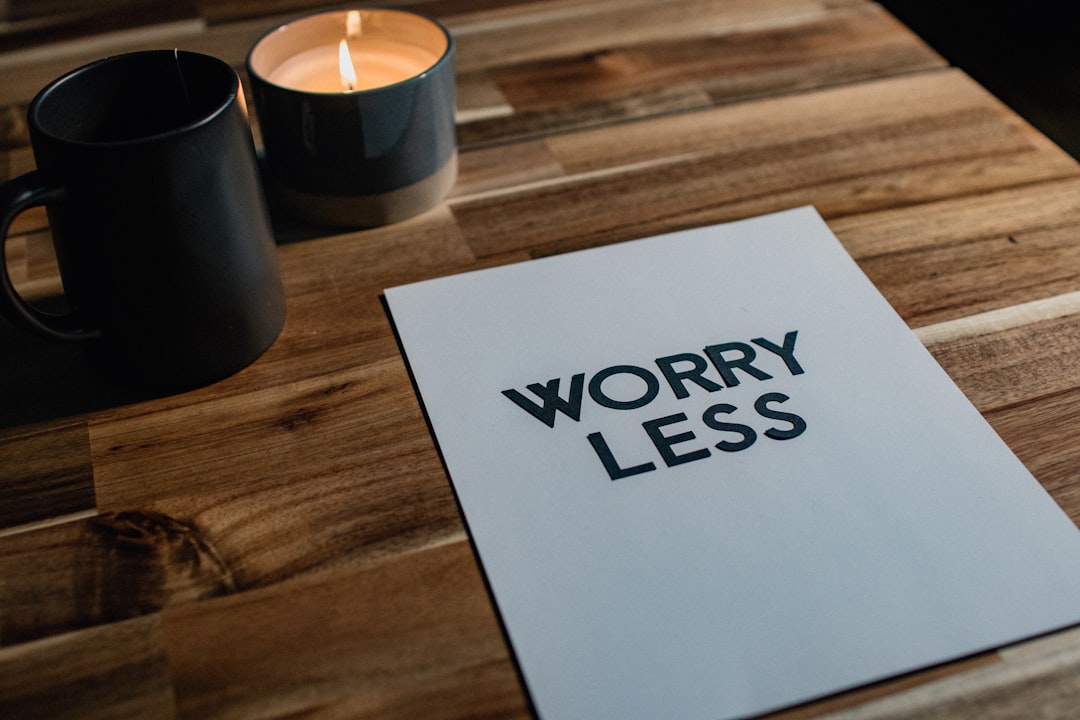Sure, we have all heard that breathing, taking deep breaths, helps you manage your anxiety symptoms, but did you know that when we have shallowed breathing and hyperventilation it can lead to furthering anxiety symptoms? When it comes to our breath, I think the majority of people only think about their lungs and possibly their heart, but there are greater implications to our breath. Our body is a complex system that works to keep a balance, but when it is out of balance, we experience a host of issues.
Let’s start with our breath
Deep breathing is important for many reasons. The one I talk about most with my clients is for the more short-term interventions. When we intentionally take slow, focused, deep breaths we slow down our heart rate which send signals to my brain that I am okay. The heart sends more information to my brain than my brain does to my heart. So, if I can control the rate of my heart beating, I can control how my mind is interpreting that change.
If my heart rate is quick my brain can interpret this as a sign of danger, even if there is no identifiable reason. Often people with anxiety tend to have shallow and quick breaths which leads to an increase heart rate. But, lets go deeper and look at more of the biological implications of shallow breath and even hyperventilating.
Hyperventilation is a condition in which you start to breathe fast. When we are breathing in a healthy way, we create a healthy balance between oxygen and carbon dioxide. This balance is upset when we exhale more than we inhale, reducing the carbon dioxide in the body.

Shallow breathing changes blood gases and reinforces alkalosis. Alkalosis happens when our body has too many bases in your blood. Normally your blood should have a slightly higher amount of bases than acids. Alkalosis causes all sorts of symptoms such as panic attacks, pain, fatigue, feeling spaced out and dizzy and brain fog. When in alkalosis we experience an increase in lactic acid as potassium is lost and a loss of magnesium.
Low levels of magnesium plays an important role in anxiety.
Magnesium is one of the most abundant minerals in the body and plays an important role in several bodily functions. For this blog we will focus on the impacts of Magnesium on anxiety symptoms. There have been multiple studies does that have found that magnesium does reduce anxiety.
Research as showed that Magnesium plays an important role in regulating neurotransmitters, which send messages throughout the brain and body. Part of the reason why it is an effective part of anxiety management is that it has been shown to improve brain functioning, particularly in the part of the brain called the hypothalamus, which regulates your pituitary and adrenal glands. Both glands are responsible for your response to stress.
Obviously, if we are low in magnesium we are going to experience negative impacts in these brain regions. Unfortunately it doesn’t stop there.
As mentioned above magnesium plays and important role in a number of bodily functions, so a deficit in magnesium also contributes to: low levels of essential fatty-acids (Omega-3), low levels of vitamin B complex and vitamin D, and low levels of GABA.
What can I do to support my wellbeing?

First, taking slower and deeper breaths will help.
Learn to recognize your breathing. Take intention slower and deeper breaths as you notice your anxiety symptoms starting will help. As we slow down our breathing, we are able to keep our PH balance in our body by appropriately regulating the amount of oxygen and carbon dioxide, thus keeping us out of alkalosis and protecting our magnesium levels.
Second, we can supplement our diets with magnesium. *According to a 217 review of studies, most of the relevant studies on magnesium and anxiety use magnesium lactate or magnesium oxide. However, more studies are needed to draw a definite conclusion.
Foods that tend to be high in magnesium include:
- Leafy greens
- Avocado
- Dark chocolate
- Legumes
- Whole grains
- Nuts
- seeds
Remember that your body is a system, and when the system is not working well we will see the effects of that in a lot of different ways. If we can set up the conditions for our body to heal it will do so.
Consult with a doctor if you need testing done.
If you are looking for more support with your anxiety reach out today to schedule an appointment.
* Boyle NB, et. al. (2017). The effects of magnesium supplementation on subjective anxiety and stress – A systematic review. DOI: 10.3390/nu9050429
